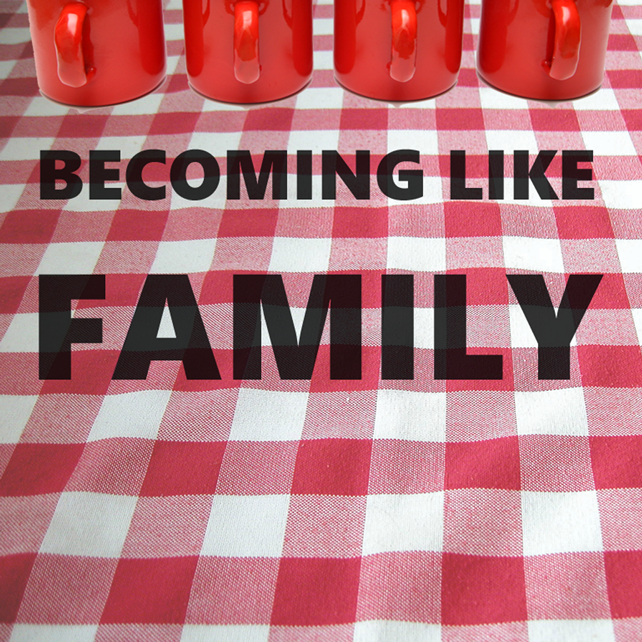Last week we started a new series called, “The Night that Changed Everything.” We’re looking at the significance of Christmas, a night that changed much more than most of us imagine. We’ll see its impact on five segments of society:
- The Night That Changed the Religious
- The Night That Changed the Powerful
- The Night That Changed the Poor
- The Night That Changed You
- The Night That Changed the Wise
This week we’re looking at how it changed the powerful.
This one can be hard for us to see. In Western culture, we’re used to thinking that those who celebrate Christmas are far from powerless. They have long been the majority in Western countries, and the Christian church has been a dominant player in society. Christmas is a visible sign of that power – it’s become a huge part of even secular culture, even if that version is stripped of its truth.
But what actually happened at Christmas was the birth of a baby boy – one of the most powerless things you can imagine. Human babies are so helpless and vulnerable, not powerful except in the emotional control they exert without knowing.
As we saw last week, the baby named Jesus was identified early on as a king – given gifts from Magi, and so on. But unlike Prince George, he wasn’t born in a private hospital with attendants and staff looking after it all. He was born powerless, in a stable, laid in a feedtrough.
And yet, he struck fear in the hearts of the powerful. We’ll look at that story this week.
Question: What scares powerful people?
Reminder: We have a great Christmas event coming December 14th, 2013: The Original Christmas Party. Hope you’re coming!
Read the Bible in Sync Today
Ryan Sim - October 22, 2013
Tuesday - Study It - Becoming Like Family

From Series: "Becoming Like Family"
This series looks at becoming “like family” with others learning to follow Jesus. We're exploring how the church is not a building, institution or event, but a community of people. It's important that explore what church means as we prepare to launch a new church in Ajax in 2014.
